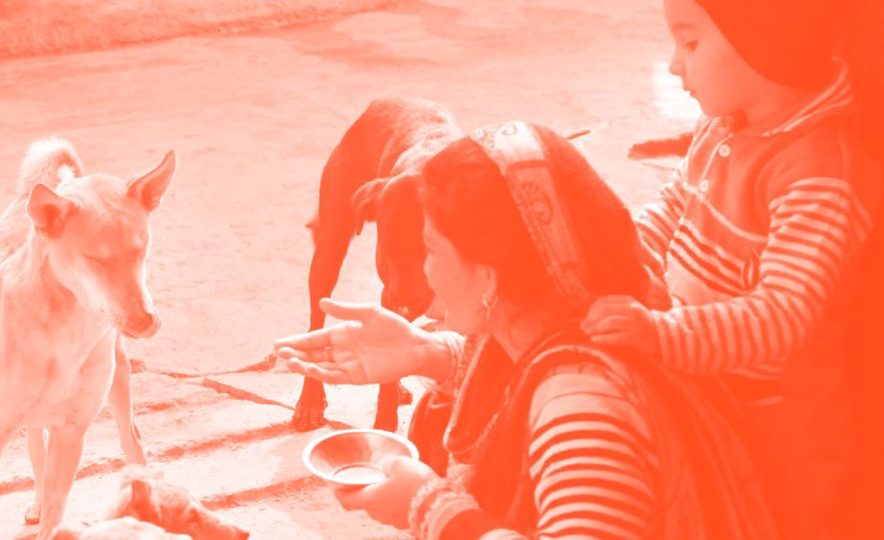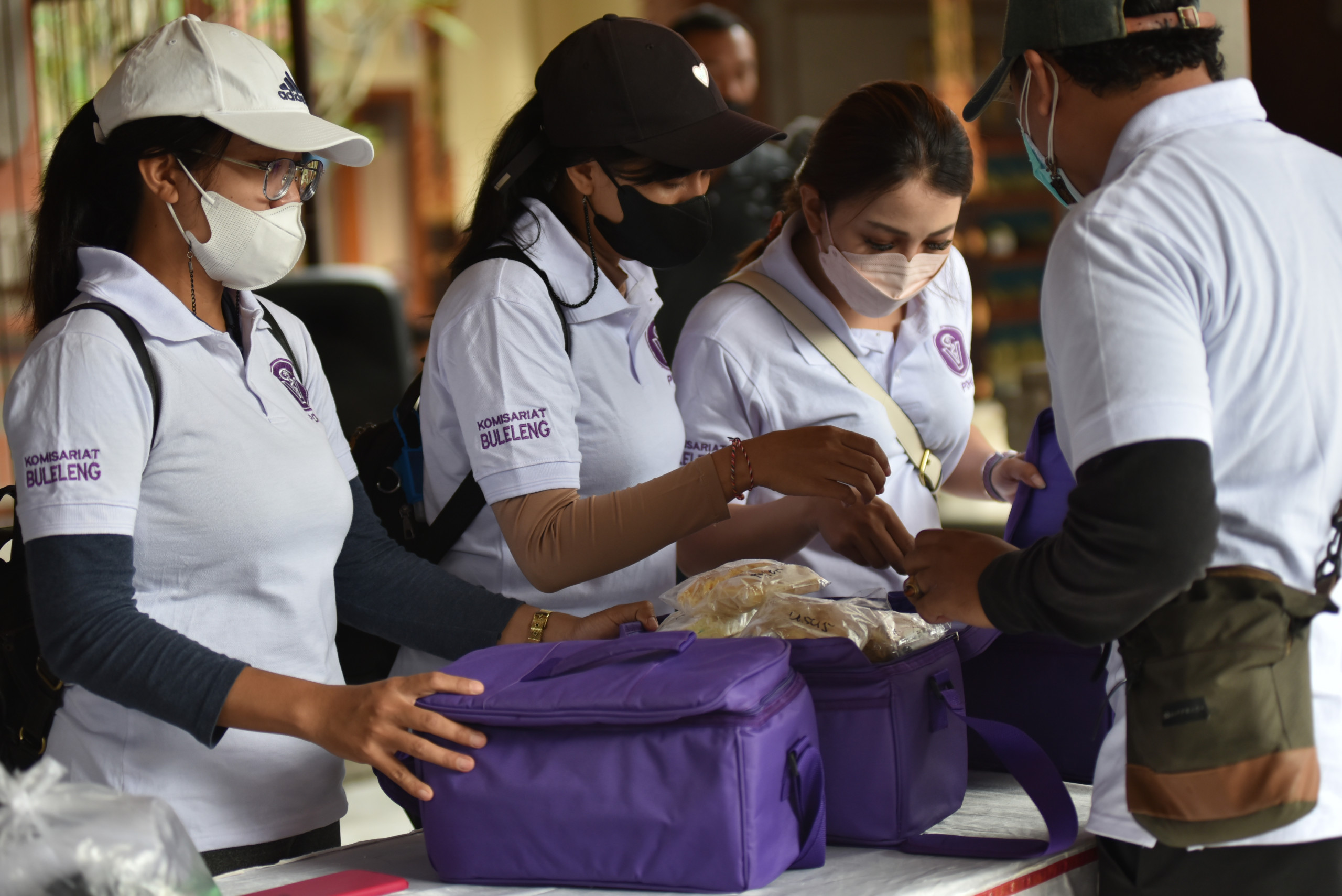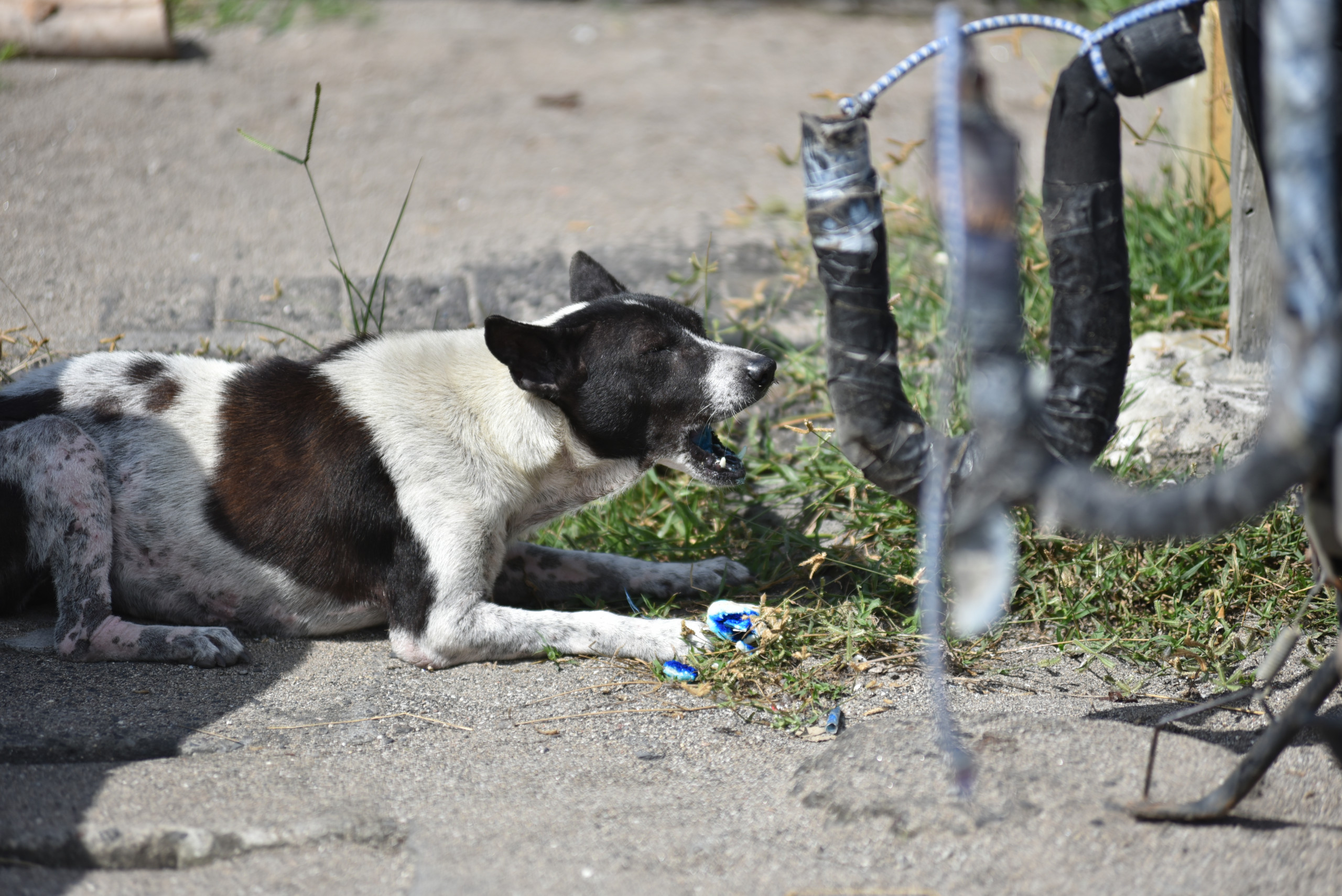



27 September 2022 (Indonesia) – Rabies has a long history in Indonesia. The first rabies case in dogs was reported by the veterinarian C.A. Penning in 1890, followed by the first case of human rabies as reported by E.V. de Haan in 1894. Over centuries, rabies outbreaks spread to other regions in Indonesia. As in other countries in Asia and Africa, rabies is endemic in the domestic dog population in Indonesia. As of 2021, 26 out of 34 provinces have been declared infected by rabies.
Over the past two decades, many countries have taken actions to strengthen rabies control and elimination efforts by increasing the scale of dog vaccination programs and involving communities in rabies control programs. Indonesia has been part of this endeavor, with a commitment to eliminate dog-mediated human rabies by 2030. To achieve this target, Indonesia has chosen mass dog vaccination (MDV) against rabies, with 70% vaccination coverage as the main technical control measure.



...Indonesia has chosen mass dog vaccination (MDV) against rabies, with 70% vaccination coverage as the main technical control measure.
Initiatives carried out in several areas severely affected by rabies, which includes Flores, Nias, and Bali, have shown promising results. However, rabies in these areas is still out of control. Despite MDV being scientifically proven to be the most effective strategy for coping with this fatal viral zoonotic disease of mammals, including humans, MDV in Indonesia has proven very difficult to implement. One obstacle to the implementation of vaccination programmes in Indonesia is the large number of inaccessible free-roaming dogs which are difficult to restrain and vaccinate. For example, in Bali, free-roaming dogs make up a large portion (more than 60%) of the dog population, despite 95% of them originally having an owner.
A dog in Bali, Indonesia chews oral rabies vaccination (ORV) bait
With current rabies outbreaks in Bali and other islands of Indonesia, the Government of Indonesia is facing a big challenge to meet the zero by 2030 target of eliminating dog-mediated human rabies without technical improvements. It is well-accepted that vaccination methods should specifically target dog populations that are essential to the rabies virus transmission cycle. Parenteral MDV with high-quality rabies vaccines is preferred for populations of dogs that are accessible. However, free-roaming dog populations pose a challenge for this strategy due to their inaccessible nature. In Bali, the Government continues to use parenteral vaccination and employs dog catchers to overcome this issue at a considerable cost, in terms of time and work force. However, oral rabies vaccination (ORV) may have the potential to reach elusive animals, thus increasing vaccination coverage.
A dog in Bali, Indonesia makes a meal of oral rabies vaccination (ORV) bait
In 2010, a study of ORV’s immune response in a laboratory setting was conducted in Indonesia. Bait trials had also previously been conducted in the country, however, this study only focused on bait acceptance and did not assess vaccine release and delivery. Over the last two years, studies assessing bait acceptance, oral vaccination success and the immunogenicity of the oral vaccine in field settings have shown promising results to improve the quality of MDV in Indonesia.
A dog discovers and consumes an oral rabies vaccine (ORV) bait in Bali, Indonesia.
This article is part of a series published for activities for World Rabies Day 2022, to share challenges and successes in controlling the disease. With a fatality rate of almost 100% in humans and animals alike, rabies remains a global threat, killing approximately 59,000 people every year.
WOAH has long been committed to tackle the disease, supporting its Members in the path towards a rabies-free future. Dog-mediated rabies is set for elimination by 2030. With this goal in mind, WOAH strives to coordinate intersectoral action at a global level and to accompany countries in the development and implementation of their national rabies strategies.
Banner photo: Oral rabies vaccination (ORV) team preparing in Bali, Indonesia.
All photo and video credit: Wahid Fakhri Husein, FAO-ECTAD




